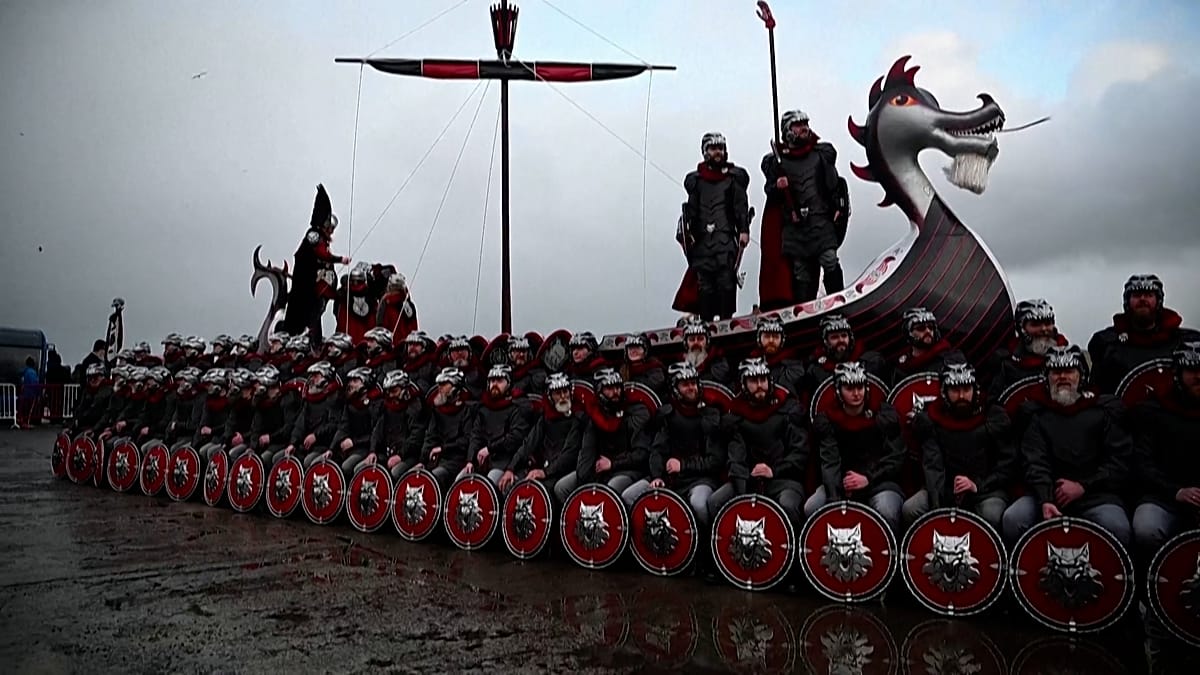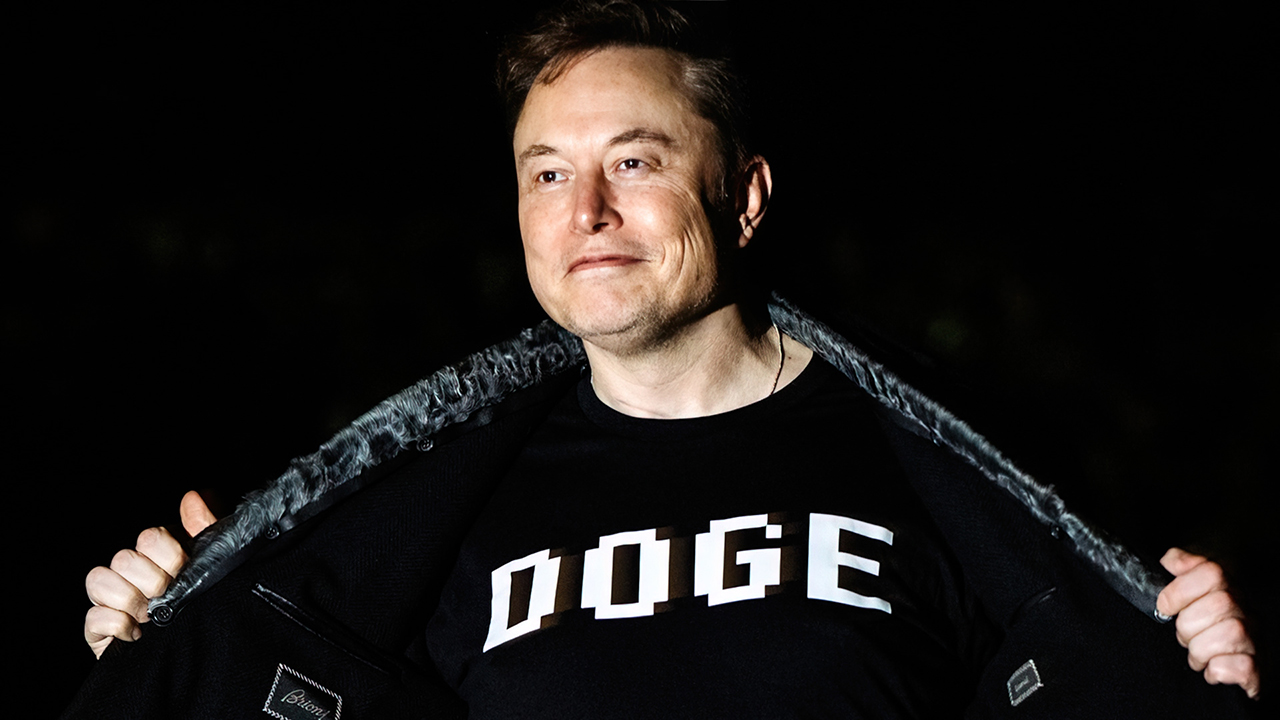TikTok as a startup growth engine: Interview with Liv Sandberg, General Manager of Global Business Solutions at TikTok CE & Nordics

By now, it’s almost impossible to find someone who doesn’t know what TikTok is. You might not be a user (yet), but the platform has evolved far beyond its reputation for viral dances and entertainment. Today, it plays a central role in how people discover products, engage with communities, and interact with brands. For startups in particular, it has become a powerful growth engine, offering visibility, cultural relevance, and scalable impact, often without the need for big budgets.
For those who love data, TikTok was founded in 2016 in China as Douyin, and its international version launched in 2017. The real breakthrough in Europe came in 2018 after the merger with Musical.ly, a social media app that allowed users to create and share short lip-sync videos, mainly to popular songs. ByteDance had acquired Musical.ly in 2017 for an estimated $1 billion, a move that gave TikTok access to a much broader audience. By 2019, it was one of the most downloaded apps in the world, and in 2020, its popularity exploded during the COVID-19 lockdowns, cementing its place as a mainstream cultural phenomenon.
During TechBBQ 2025, I had the chance to interview Liv Sandberg, General Manager of Global Business Solutions at TikTok CE & Nordics. With previous leadership roles as CEO of Starcom and Head of Agency at Facebook, she brings a wealth of experience in the digital advertising space. Our conversation touched four main topics: TikTok for startups, making small budgets work, content strategy for startups, and communities & discovery. We also looked ahead at success stories and what’s next for the platform. Let’s get right into it!

TikTok has quickly moved from being seen as just an entertainment app to a platform where products, brands, and even movements are discovered. From a startup perspective, how important has TikTok become in Europe? Could you share any numbers on user behaviour or business adoption that show its relevance as a tool for growth?
TikTok has evolved from being an entertainment app to a powerful discovery engine where people actively engage with new products, brands, and communities. In Europe, more than 169 million people use TikTok every month, spending on average 90 minutes a day on the platform. That level of attention gives startups a unique opportunity to integrate into everyday culture, not just advertising spaces. More than 70% of European SMBs on TikTok say it helped them reach audiences they couldn’t find elsewhere, which shows its value as a growth driver.
As a startup founder, I could invest my (sometimes limited) marketing budget into other platforms. From both a content and business perspective, why should I prioritise TikTok?
TikTok lowers the barriers to growth because you don’t need a large budget or an established follower base to create impact. One authentic piece of content that resonates can reach millions. People come to TikTok with an open mindset, ready to discover, which makes it highly cost-effective for awareness and conversion. Combined with creative tools that simplify production, the platform enables startups to achieve results that would otherwise require far greater investment.
If I’m a startup with €1K to spend, what kind of results could I realistically expect?
The recipe for success on TikTok really depends on several factors – the industry you’re in, your base level of brand awareness, and the product or service you’re offering. What we have seen is that many new companies have achieved strong results not because of big budgets, but because they were relevant and tuned in with popular culture.
Many startups operate with limited resources. What’s the minimum investment you’ve seen drive meaningful results on TikTok? Any benchmarks around CPC or engagement rates that founders should know?
I’ve seen startups create impact with very modest budgets. Engagement on TikTok is consistently above industry benchmarks, which means even limited investment can be effective. While CPMs and CPCs vary by market, efficiency remains strong. The key is a clear, creative idea that resonates with the right audience.
With the crazy success stories we’ve seen (as users) every day happening on TikTok, what’s the tipping point to invest in TikTok Ads instead of relying solely on organic reach? Could you share any data on ROI or average uplift when combining both approaches?
The tipping point comes when you’ve identified content that truly resonates organically and want to scale it further. Ads on TikTok work best as amplification, turning proven formats into systematic growth. The strongest ROI comes from combining both – organic for testing and paid for acceleration – often delivering significantly higher reach and conversion uplift than relying on one approach alone.
If a startup only has time to create a handful of videos per week, what type of content should they prioritise? Could you share a practical framework that works? Or a secret to TikTok success?
A balanced content mix works best: trend-driven formats to capture cultural momentum, brand storytelling to build connection, and product-focused demonstrations to drive education and conversion. Even three to four videos a week across these pillars can establish consistency. What matters most is clarity of message and relevance to your audience. Content that feels integrated into culture always performs better than content that feels like an ad.
TikTok is often described as the new search engine. How can startups tap into niche communities and trends to drive not just visibility, but actual conversions? TikTok is built around interest-based communities, from fitness to food to finance. Startups succeed when they add genuine value to those conversations – whether by solving problems, offering insight, or entertaining. Optimising hashtags and captions ensures visibility through search, which is becoming an increasingly important entry point. Conversions happen when users perceive the brand as an authentic participant in the community.
Going back to TikTok as a search engine: have AI tools like ChatGPT affected its growth? For example, I personally used to rely on TikTok as a search engine because it was easier, while thinking about this interview, I realised that since using ChatGPT, I turn to it less than before. This brought me back to an article I wrote about the broader shift we are all experiencing from SEO to AEO. Is TikTok already working on this transition? Has it been affected, or have the numbers shifted?
AI has changed the way people search, but TikTok’s strength lies in cultural and social discovery. People don’t just come for answers – they come to see products in action, to hear authentic opinions, and to connect with communities. We are also evolving with new tools like Manage Topics and Smart Keyword Filters, which give users more control over discovery. TikTok continues to grow as a discovery platform, complementing rather than competing with AI-based tools.
Could you share examples of European startups that successfully scaled their brand using TikTok? What did they do right, and what can others learn from them?
Planet Nusa in Denmark built strong loyalty by engaging directly with fitness communities. Ditur scaled by replying to every comment and turning conversations into content, creating a virtuous cycle of engagement. In the UK, Little Moons transformed from a niche mochi ice cream brand into a supermarket success after going viral on TikTok. What unites them is authenticity, speed of execution, and community-driven growth.
Looking ahead, what new tools, ad formats, or behavioural shifts on TikTok should startups prepare for in the next 12–24 months?
TikTok is becoming an even stronger part of the consumer journey as a search and discovery platform. Startups should prepare to leverage new creative tools like Symphony Creative Studio and Smart+, which lower the barrier to producing effective content at scale. Trust and safety will continue to be a priority, with initiatives such as our Reuters fact-checking partnership in the Nordics. The key shift is that TikTok is positioning itself not just as social media, but as a growth engine for businesses of every size.
The post TikTok as a startup growth engine: Interview with Liv Sandberg, General Manager of Global Business Solutions at TikTok CE & Nordics appeared first on EU-Startups.
















































